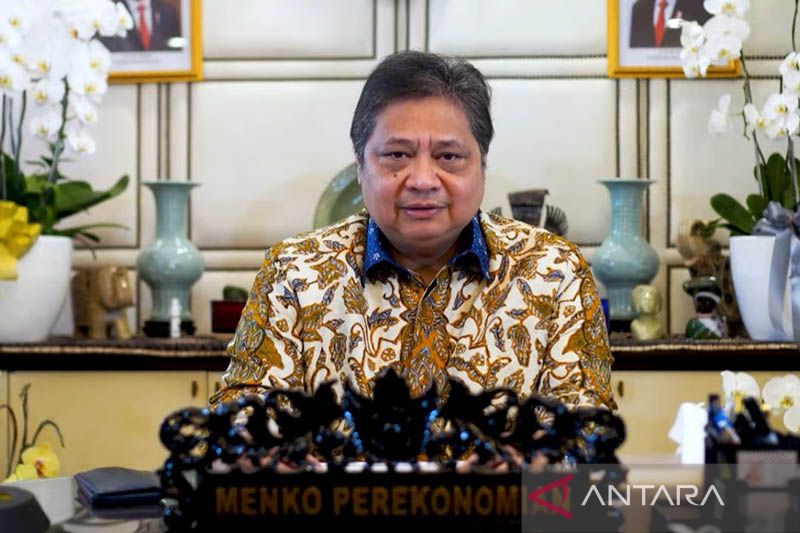[ad_1]
Virgin Money nearly doubled its chief executive’s salary to £ 3.4million after the bank was pushed to a second consecutive annual loss by a £ 385million charge over poorly sold payment protection insurance .
David Duffy’s salary jumped 84% from £ 1.8million in 2018, despite an investor revolt in January in which a third of shareholders opposed the one-off payment.
The large increase is largely due to a £ 1.3million bonus linked to the 2015 spin-off of Virgin Money’s predecessor bank, CYBG, from the National Australia Bank, as well as incentives from 2016. Duffy’s base salary was worth £ 1million, according to the bank’s annual report, released Thursday evening.
Duffy also had a car allowance of £ 30,000 and an additional £ 19,784 of additional benefits including travel from home to work. Irish executive splits time between properties in Cork, Glasgow and London, according to 2016 Irish time interview.
Duffy’s bonus payouts were reduced by £ 175,000 to take into account the weak performance of the share price during the year. Investors had questioned whether the bank would have enough money to meet regulatory capital reserve requirements in the event of a financial shock, as it battled the weakening UK economy and merger of CYBG and Virgin Money and rebranding for the latter.
However, investors ignored the success of the PPI and reinvested in stocks on Thursday, as investors hailed a separately disclosed capital preservation plan earlier today, which included the suspension of the dividend. Shares jumped 19% to 170p, reaching levels not seen since late July, when pre-merger CYBG signaled pressure on its loan income.
The bank officially changed its name to CYBG at the end of October, but Duffy said it had made “great strides” on the integration and rebranding.
Virgin Money, created from remnants of the failure of Northern Rock, was the smallest bank before the merger, but the executives it deemed stronger brand, supported by Richard Branson than CYBG’s Clydesdale and Yorkshire banks.
The bank recorded a statutory after-tax loss of £ 194million for the fiscal year ended September 30, due to restructuring costs following the transaction, as well as additional money set aside to pay compensation of £ 385million in mis-sold PPI. The measure of the bank’s underlying profit, excluding these costs, was £ 539million, down 7% from last year. XDuffy said the bank had seen an ‘increase without previous PPI information requests in August ‘after the city regulator. set a final deadline of August 29 for complaints, which have so far cost banks more than £ 52 billion. The layout was in line with the bank’s previous guidelines for investors.
Banks and other financial institutions extensive PPI policies between 1990 and 2010 alongside loans, credit cards and other offers, telling consumers it would help them pay off debts in the event of illness or unemployment. However, in many cases, the fine print exclusions meant customers could never make a complaint.
The late summer deadline sparked a wave of customer complaints that surprised bank executives and investors, and led to massive provisions across the industry. Lloyds, which operates the UK’s largest branch network, last month took a hit of £ 1.8 billion, while Barclays set aside an additional £ 1.4bn.
Bank analysts said Virgin Money has responded to concerns about whether it has enough capital to stay above regulatory requirements, even after taking into account the impact of the PPI.
Sign up for the daily Business Today email
The suspension of the dividend was already expected in order to preserve the capital. The bank said its “ambition for a progressive and sustainable dividend remains,” and that it would consider reinstating payments over the next year.
Investors were also encouraged by the 16.1% year-over-year growth in personal loans. The company said this was due to “high quality” growth in the Virgin Money credit card and improvements in its payroll funding and online lending.
Duffy said the results represented “good operational performance under difficult conditions”.
Banks and other businesses have set aside £ 2.1bn since the PPI deadline
November 28: Virgin Money – £ 385million
November 22: Nationwide – £ 36million
November 7: Cooperative Bank – £ 60million
October 31: Lloyds – £ 1.8 billion
October 30: HSBC – £ 302million
October 30: Santander – £ 169million
October 25: Barclays – £ 1.4 billion
October 24: RBS – £ 900million
October 2: Tesco Bank – £ 45million
September 12: N. Brown – £ 30million
October 23: Direct Buy – £ 241million
 Welcome To Poole
Welcome To Poole



